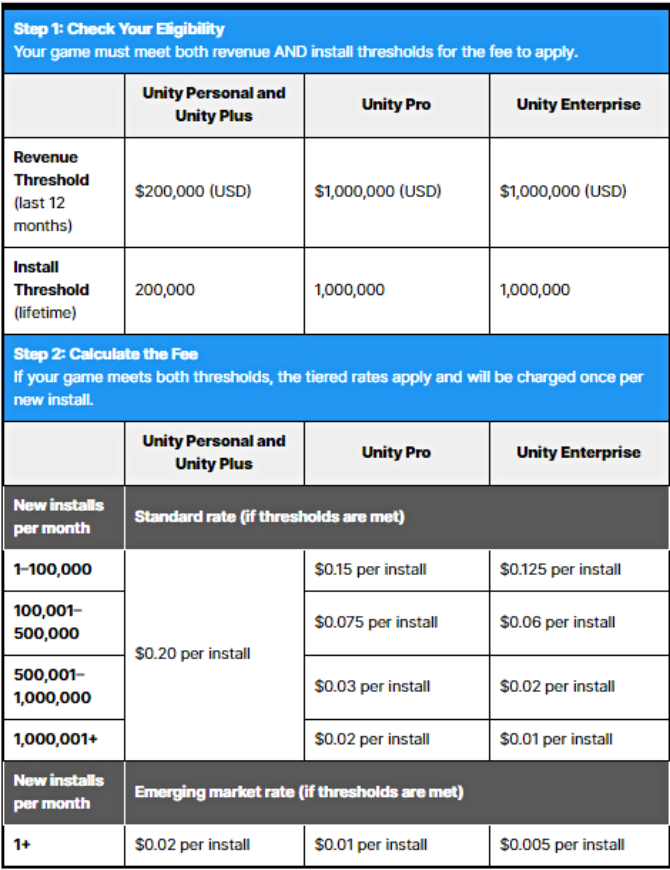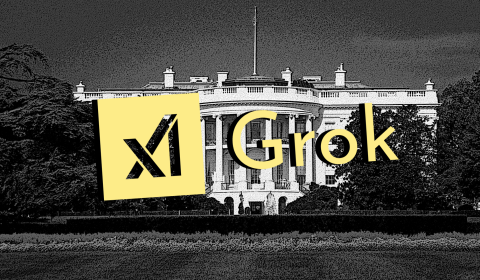More than 500 game developers signed a collective letter threatening to turn off Unity ad monetisation in response to greedy and blindsiding policy changes announced earlier this month. Unity is already backtracking.
Game developers are refusing to be taken for a ride, and we’re here for it.
Earlier this month, Unity Technologies – the company behind the cross-platform game engine Unity – blindsided hundreds of game developers with a slew of changes to its pricing model.
Without prior warning or indication, it announced that it would be charging developers per install of its ‘Unity Runtime Code’ which is used to run games across multiple platforms.
Further details in the way of how installs would be counted, or how certain developers could avoid having to pay Unity more than the profits made from selling their game weren’t forthcoming. It was all very confusing and thoughtless.

Many burgeoning developers relying on gaining traction through subscription services like Game Pass rightly questioned how they were expected to survive if millions of gamers download their game for free while incurring hefty threshold charges.
A couple of tumultuous weeks later, however, Unity’s power play has seemingly failed and the gaming companies it pressed for a revenue bump now hold all the cards.
Shortly after the initial bombshell, an open letter which quickly rose to 500 plus game developers demanded that Unity reverse course with its pricing model or face a significant ousting of ad revenue monetisation.




















